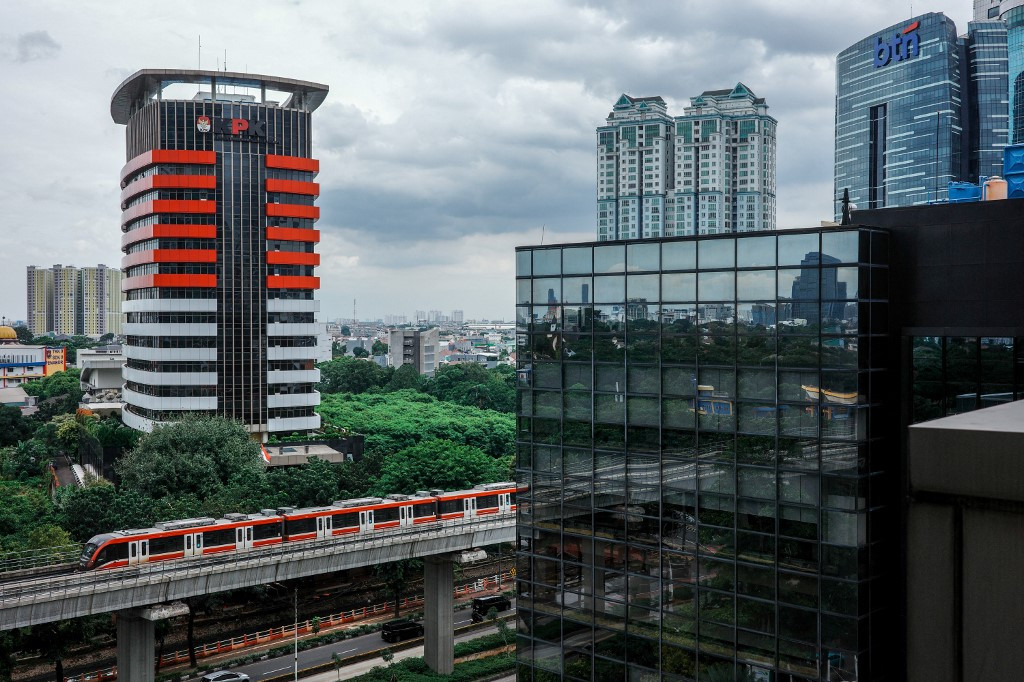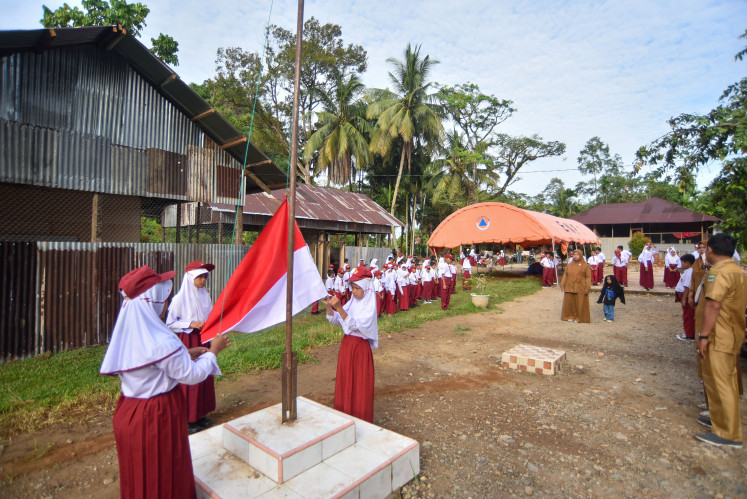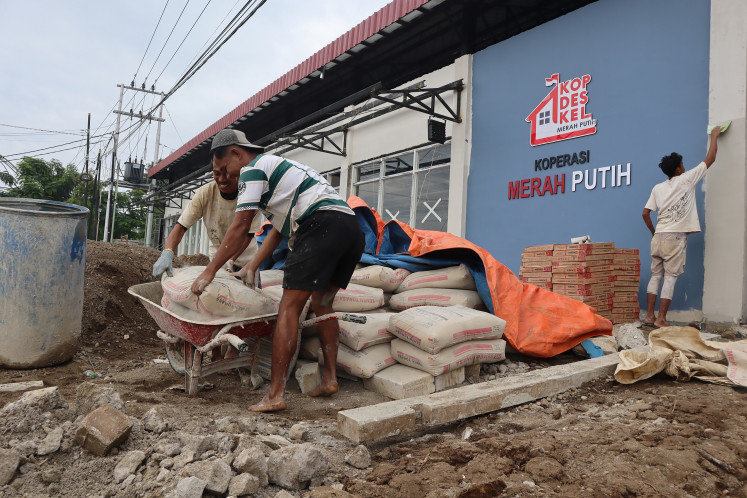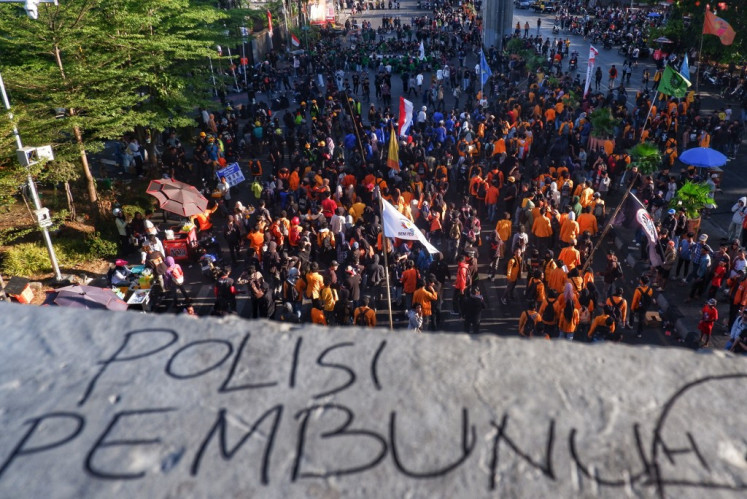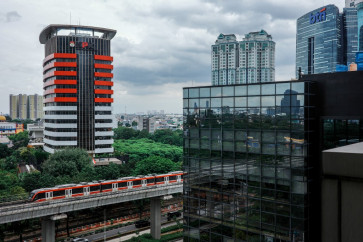Popular Reads
Top Results
Can't find what you're looking for?
View all search resultsPopular Reads
Top Results
Can't find what you're looking for?
View all search resultsTime to start cleaning up before it’s too late
What is needed is the resurrection of the KPK into an independent body that is able to manage itself, fulfill its mandate effectively and be once again trusted by the public.
Change text size
Gift Premium Articles
to Anyone
“The corruption level of my country is very alarming, to say the least,” President Prabowo Subianto bluntly stated to the attendees of the World Governments Summit 2025 on Feb. 13 in Dubai during a video conversation with Ray Dalio, founder of Bridgewater Associates.
He said Indonesian people “suffer every day from this corruption”. “They see every day the misspending of government funds, the blatant embezzlement, the low tax paid by most major businesses in Indonesia,” emphasizing that “all this is felt by the people.”
Indeed, it has been felt by the people, more so in recent years. The reform era after the fall of Soeharto in 1998 was meant to change all this. The demonstrators’ rallying cry at the time was the end of corruption, collusion and nepotism.
In the beginning, there was hope. Then-president Megawati Soekarnoputri established the Corruption Eradication Commission (KPK), an independent body modeled after Hong Kong’s Independent Commission against Corruption (ICAC) with a broad mandate, ranging from prevention and investigation to prosecution led by individuals who are credible and respected for their integrity.
It was a solid first step. The public fully supported the KPK and it earned its reputation of being tough on corruption through its sting operations and convictions of senior government officials and leading politicians. Indonesia’s score on Transparency International’s Corruption Perception Index began to improve, reaching its highest level in 2019 with a score of 39.
Alas, the KPK then became a victim of its own success. The corrupt fought back and in late 2019, with the tacit support of then-president Joko “Jokowi” Widodo and politicians in the House of Representatives, they succeeded in emasculating the KPK by revising its regulating law.
Despite public protest, the revision of Law No. 19/ 2019 on the KPK was pushed through. The KPK’s independence was wrested away by placing the agency under the executive arm, making it part of the state bureaucracy. It was no longer primus inter pares among the law enforcement agencies, no longer an extraordinary body to fight with the extraordinary crime of corruption but was instead tasked with corruption prevention and less on prosecution.

